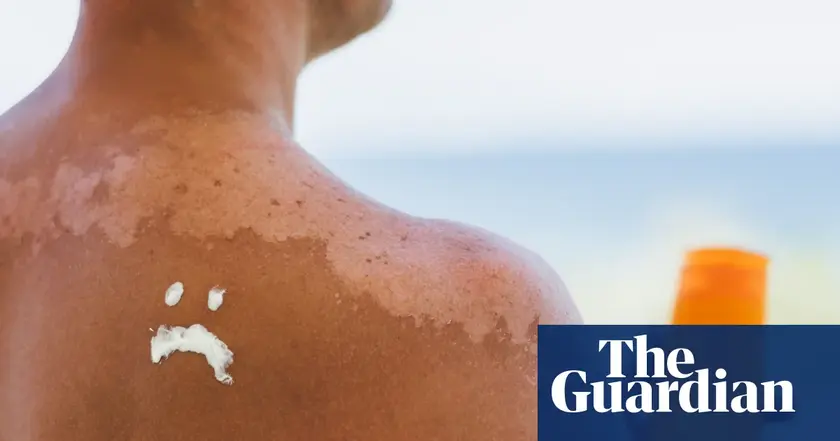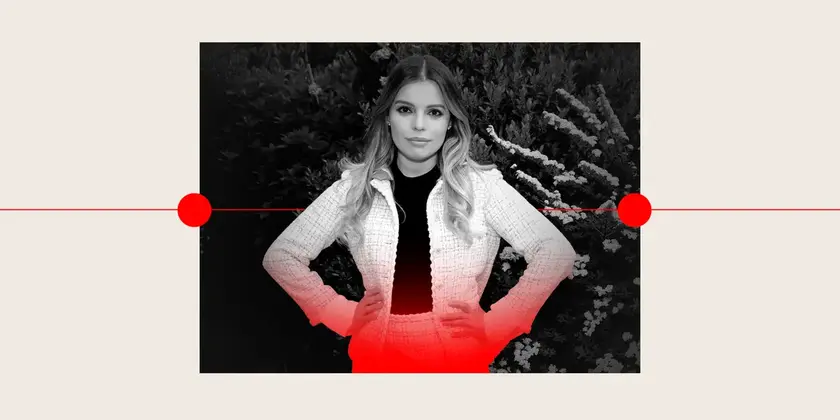T4K3.news
NAD Plus prompts scrutiny over ageing claims
Celebrities' NAD Plus use sparks questions about ageing claims and evidence

Editorial analysis of the celebrity driven NAD Plus trend and what science actually shows.
NAD Plus supplements prompt scrutiny of ageing claims
Celebrities Jennifer Aniston and Hailey Bieber have been linked to NAD Plus use, with reports that it costs about £2 a day and may influence metabolism, skin, and heart health. Scientists say NAD Plus is involved in many cellular processes, but solid human evidence for broad anti ageing effects is still limited. Research shows NAD Plus levels decline with age and that precursors like NMN and NR can raise those levels in some studies, yet robust trials are few and often small. Experts caution against treating supplements as proven cures and note that sleep, diet and exercise remain central to aging health.
Key Takeaways
"I’m going to NAD for the rest of my life, and I’m never going to age"
Hailey Bieber’s claim during filming for The Kardashians
"NAD+ is a coenzyme supporting many body processes"
Dr Carrie Ruxton explains NAD+’s role
"You can’t actually get NAD+ directly from food"
Emily Foster on NAD+ precursors in diet
"Boosting NAD+ could reverse cell ageing in lab studies"
Dr Ruxton on early research
The NAD Plus trend shows how celebrity stories can accelerate interest in a complex science. Early lab findings and small studies can be misread as guarantees, especially when social media amplifies testimonials. Regulators and researchers face pressure to clarify what is proven and what is still exploratory. The risk is that people spend money on a supplement instead of evidence grounded care.
Highlights
- NAD plus is a promising lead not a proven cure
- A pill cannot rewrite years of ageing in one dose
- The science is young hype should be older
- Celebrity stories can distort scientific nuance
Financial and health claims risk around NAD Plus supplements
The piece links a daily £2 supplement to potential health benefits based on early science. Consumers may misinterpret results or overestimate impact. The article notes evidence is preliminary and highlights the risk of marketing claims that exceed what science supports.
Science will tell the real story not tabloids.
Enjoyed this? Let your friends know!
Related News

NAD Plus Supplements Gain Popularity

Couple claims £150,000 debt after caravan purchase

Discussion around sunscreen safety intensifies

Billing failures prompt consumer alarm

France blocks reintroduction of acetamiprid

Investigation reveals misleading portrayal of Gaza's humanitarian crisis

Beckham sighting on Jet2 flight prompts wealth debate

Daniella Pierson's Subscriber Claims Under Investigation
